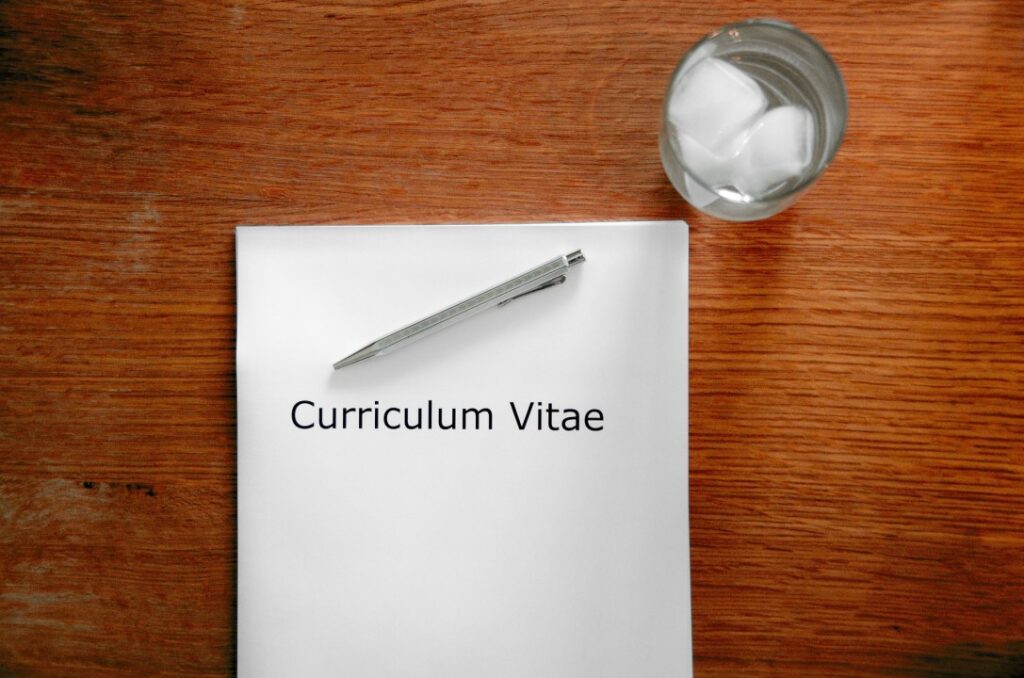While CVs (Curriculum Vitae) vary depending on the specific context and industry, there are certain elements that are generally considered inappropriate or unnecessary to include.
Here are 10 things you should generally avoid adding to your CV:
- Personal information: Avoid including personal details such as your social security number, date of birth, marital status, or religious affiliation. These details are not relevant to your qualifications and can introduce bias or potential privacy risks.
- Irrelevant work experience: Only include work experience that is directly relevant to the position you are applying for. Listing unrelated jobs or experiences can clutter your CV and distract from your relevant skills and accomplishments.
- Unprofessional email addresses: Ensure that the email address you provide on your CV is professional and appropriate. Avoid using informal or inappropriate email addresses as they can create a negative impression.
- Hobbies and personal interests: Unless your hobbies or personal interests are directly relevant to the job or highlight skills that are applicable, it is generally best to omit them. Focus on showcasing your professional qualifications instead.
- Inflated or false information: Honesty is crucial in your CV. Avoid exaggerating your skills, experiences, or qualifications. False information can be easily verified, and it can damage your credibility and future career prospects.
- Unrelated references: Including references on your CV can take up valuable space. Moreover, it is generally understood that references will be provided when requested. Ensure that your references are relevant to the position and obtain their permission before listing them.
- Salary expectations or requirements: A CV is not the appropriate place to discuss salary expectations or requirements. Save these discussions for later stages of the hiring process, such as during interviews or negotiations.
- Negative experiences or reasons for leaving previous jobs: While you may have valid reasons for leaving previous positions, it is generally best to focus on the positive aspects of your experiences on your CV. Highlight your achievements and skills instead of dwelling on negative experiences or conflicts.
- Unexplained gaps in employment: If you have gaps in your employment history, it’s important to address them appropriately. You can provide a brief explanation, such as taking time off for personal reasons or professional development, but avoid providing unnecessary details that might raise questions or concerns.
- Unrelated or outdated skills: Tailor your skills section to include relevant and up-to-date skills that are applicable to the position you are applying for. Including outdated or irrelevant skills can make your CV appear outdated or unfocused.
Remember that it’s always a good idea to review the specific requirements and expectations of the job you’re applying for and tailor your CV accordingly.














